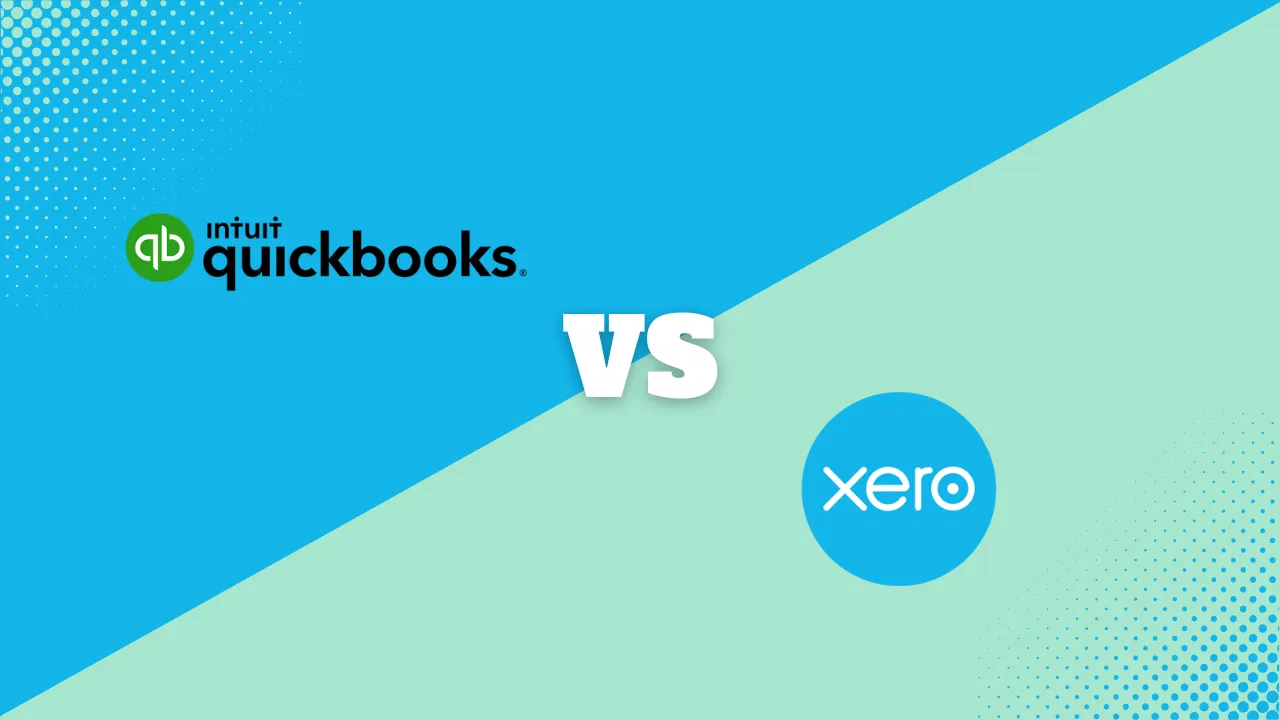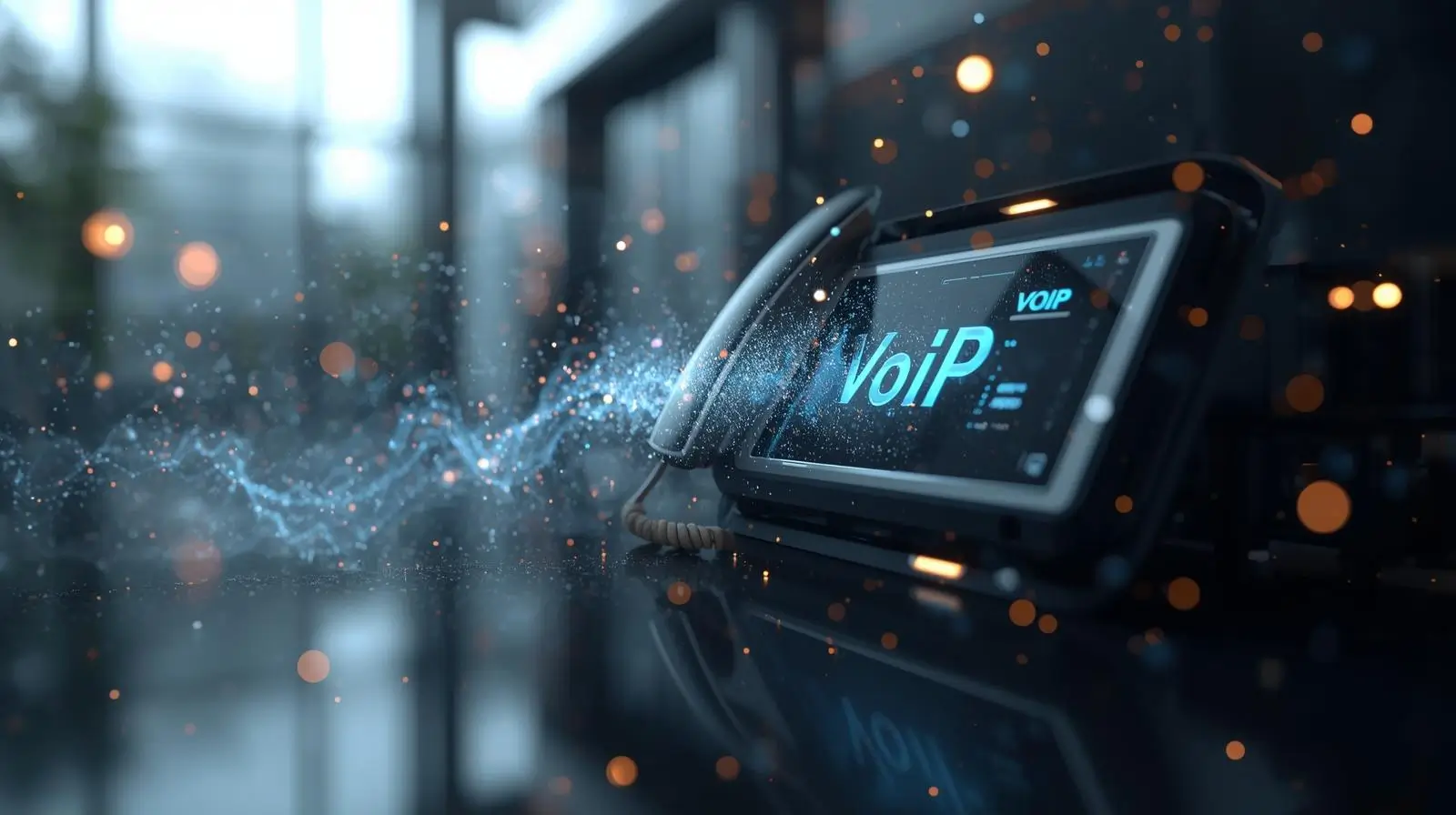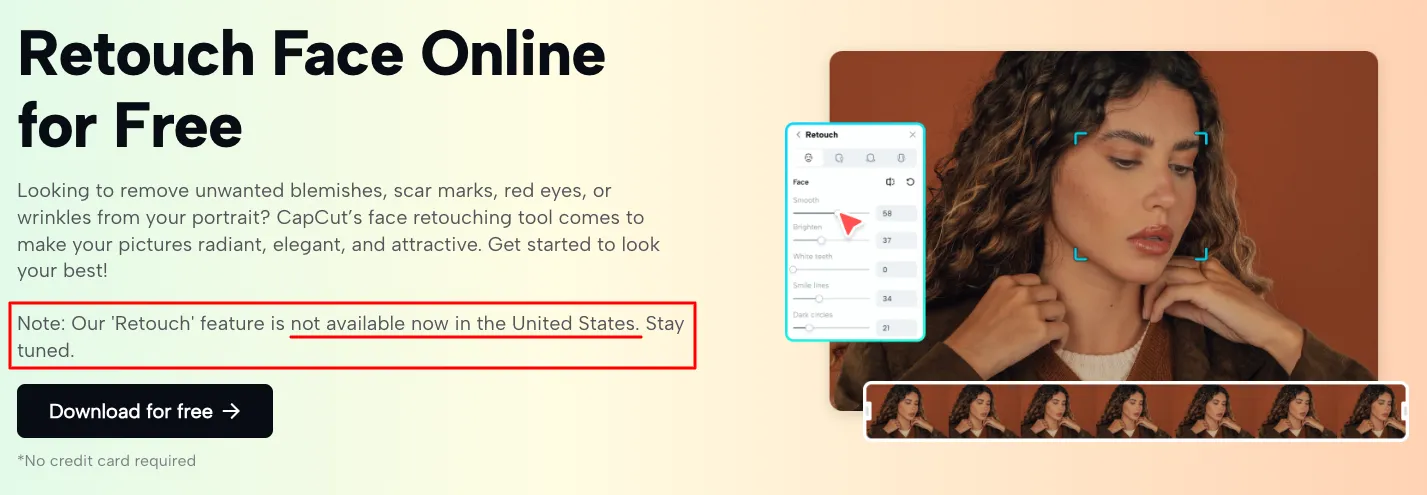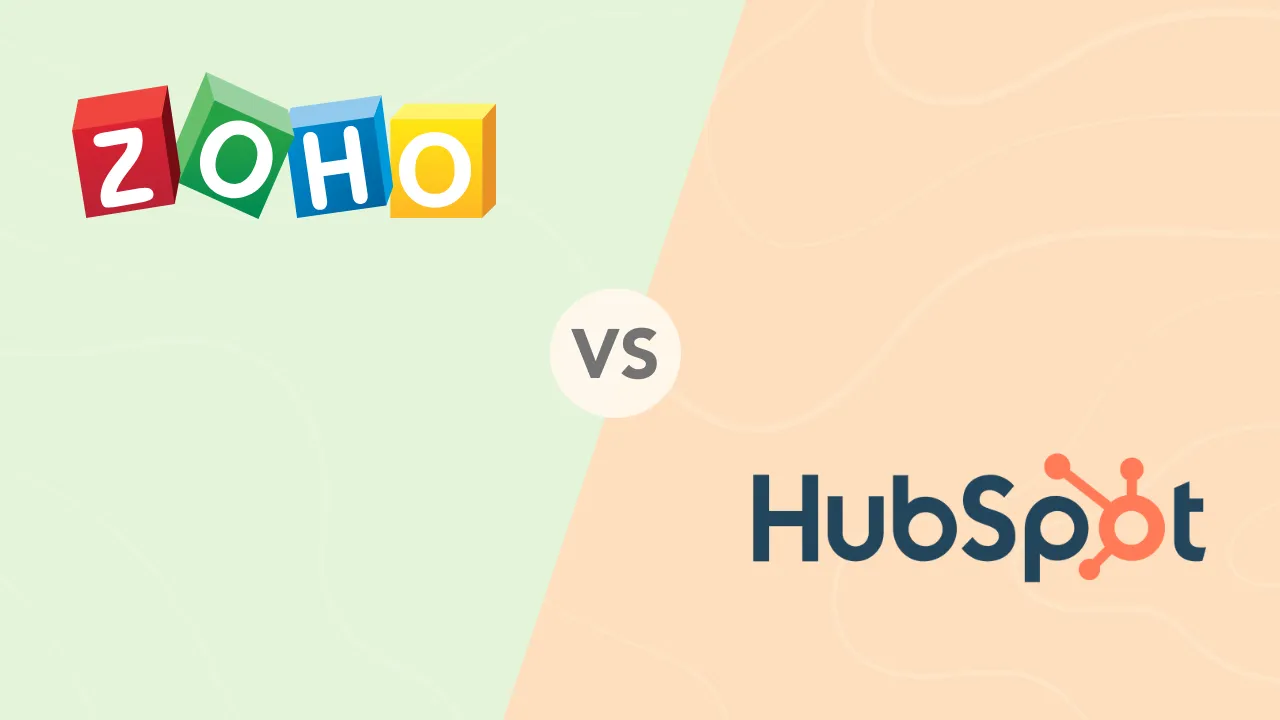POS System Features Every Business Needs

A well-equipped Point of Sale (POS) system is more than just a tool for processing transactions. Choosing the best POS system is crucial for business success as it is the backbone of your operations, ensuring seamless transactions, enhanced customer experiences, and improved efficiency. From managing inventory to fostering customer loyalty, the right POS features can give your business a competitive edge and set you up for long-term success.
In this guide, we’ll examine the essential features that a modern POS system should offer to help you streamline your business operations and maximize profitability.
Discover the Top-Notch Features of POS Software
Explore the key features that can elevate your business operations and enhance customer experience:
1. Barcode Scanner: Streamlining Checkout Processes
A barcode scanner is a game-changer when it comes to speeding up checkout times and reducing human errors. Whether you’re handling hundreds of products daily or managing a complex inventory, barcode scanners simplify product identification and ensure precise record-keeping.
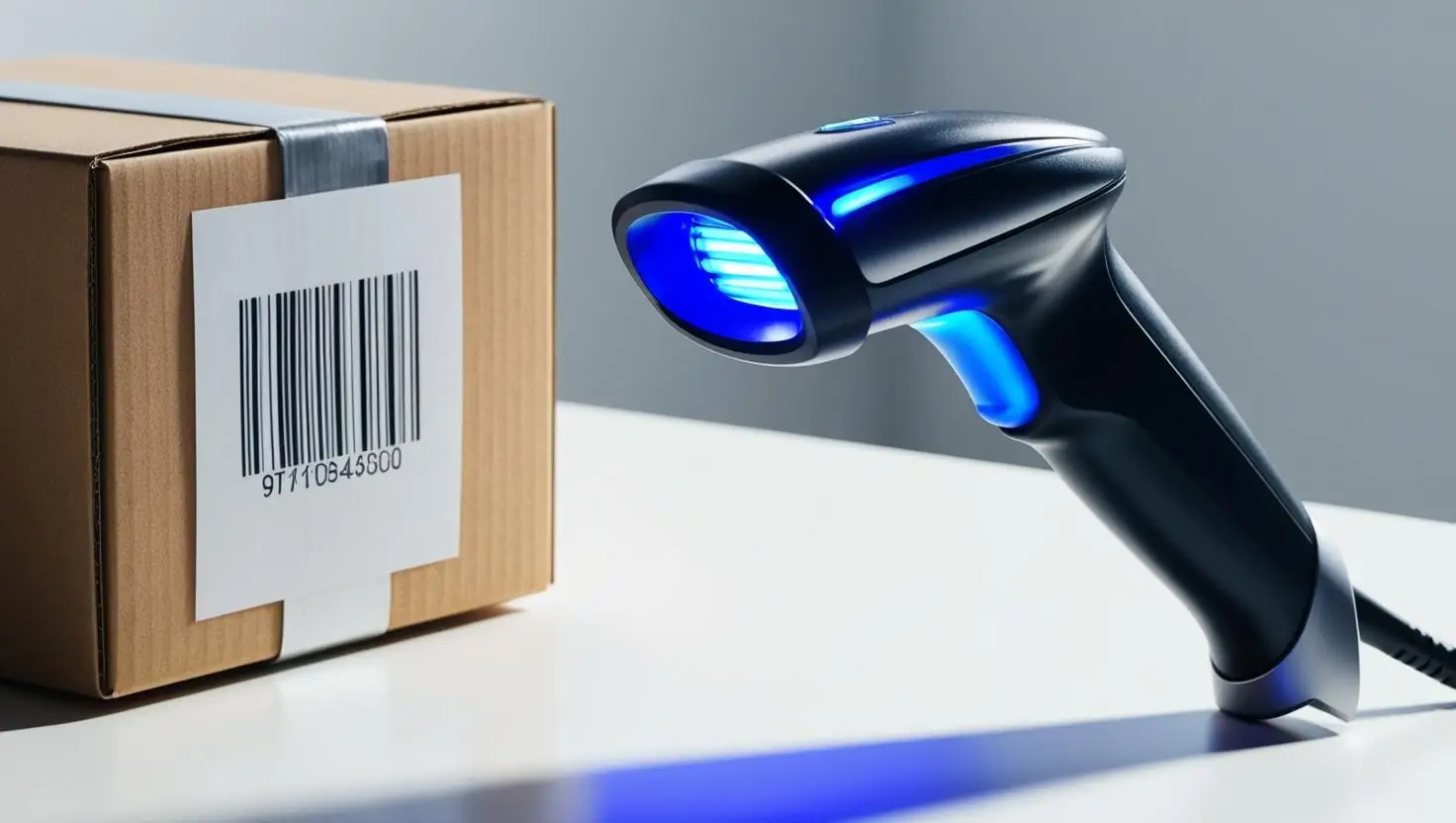
Why It Matters:
-
Accelerates checkout, improving customer satisfaction.
-
Minimizes pricing errors and enhances accuracy.
-
Reduces reliance on manual data entry, saving time and effort.
Best for:
-
Retail stores, supermarkets, and warehouses that are looking to optimize speed and accuracy.
2. Cash Drawer: Securing Transactions and Managing Cash Flow
Despite the rise of digital payments, cash transactions remain integral to business operations. A secure cash drawer helps manage and safeguard your physical cash while maintaining accountability through integration with your POS system.
Why It Matters:
-
Prevents theft and unauthorized access.
-
Organizes cash handling for smoother end-of-day reconciliation.
-
Tracks every cash transaction accurately within the system.
Best for:
-
Small businesses, restaurants, and retail outlets that handle high cash volumes.
3. Customer Relationship Management (CRM): Enhancing Customer Experience
A powerful CRM feature within your POS software allows you to create personalized shopping experiences by tracking customer behavior, preferences, and purchase history.
Why It Matters:
-
Builds stronger relationships through targeted promotions and offers.
-
Increases customer retention and loyalty.
-
Provides valuable insights for data-driven marketing strategies.
Best for:
-
Businesses that focus on repeat customers include retail, hospitality, and service providers.
4. Digital Wallets: Enabling Contactless Payments
With more customers preferring contactless transactions, integrating digital wallets into your POS system provides faster, more secure, and convenient ways to accept payments.
Why It Matters:
-
Enhances the customer experience with speedy, hassle-free payments.
-
Reduces the dependency on cash and traditional cards.
-
Provides a safe and hygienic payment alternative.
Best for:
-
Restaurants, cafes, and retail stores aiming to offer modern payment options.
5. Employee Management: Optimizing Workforce Efficiency
Effective employee management is crucial for maintaining productivity and accountability. POS systems equipped with employee tracking tools help monitor performance and effortlessly manage shifts.
Why It Matters:
-
Tracks working hours and productivity levels.
-
Improves accountability with role-based access controls.
-
Simplifies payroll processing and performance reviews.
Best for:
-
Businesses with multiple employees, such as retail stores and restaurants.
6. Integrated Hardware: Seamless Operations for Smooth Transactions
A fully integrated cloud-based POS system that includes hardware like receipt printers, touchscreen displays, and card readers ensures smooth business operations without technical disruptions.
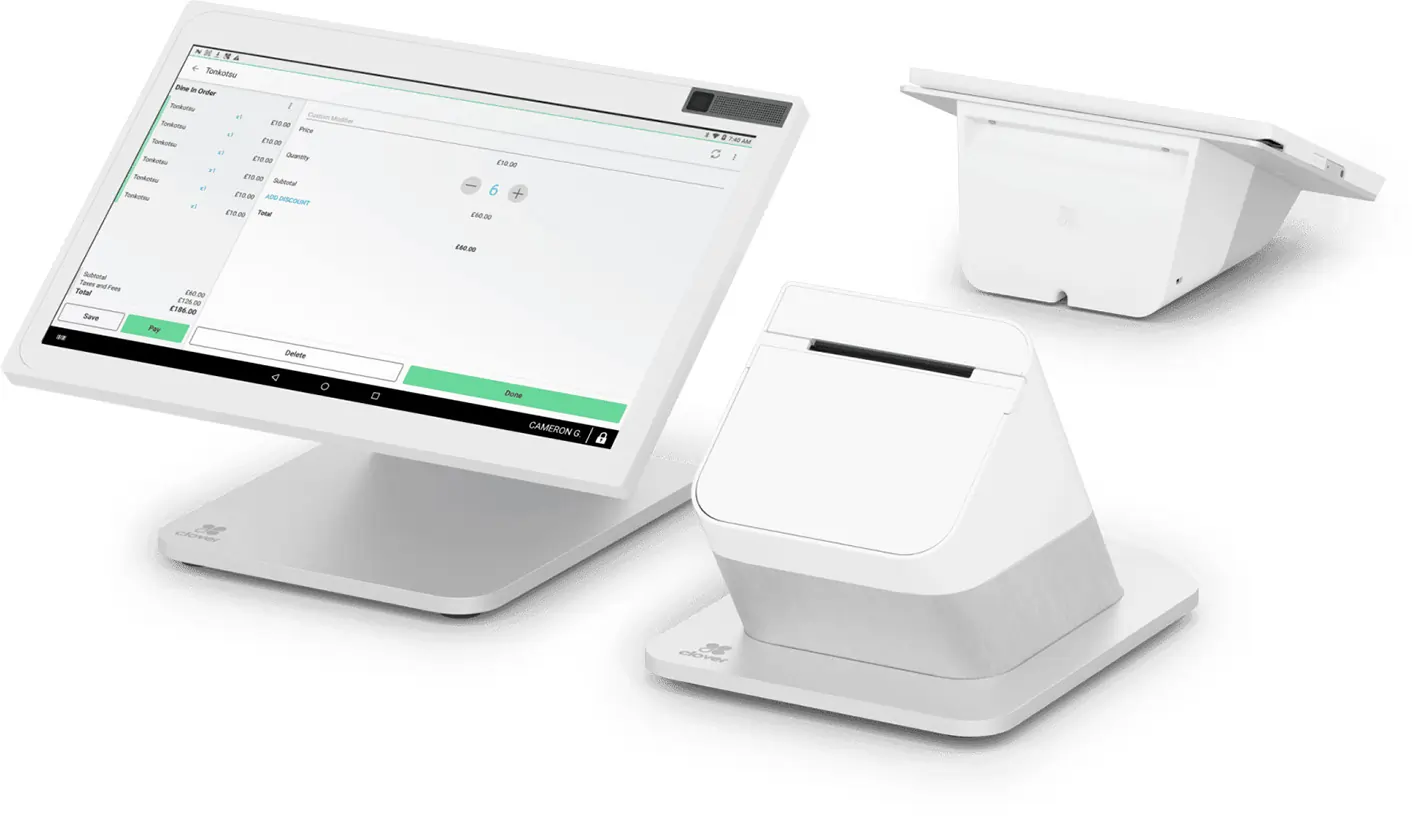
Why It Matters:
-
Reduces compatibility issues and technical downtimes.
-
Enhances operational efficiency with a unified setup.
-
Provides a professional and organized point-of-sale experience.
Best for:
-
Businesses looking for comprehensive and cohesive POS solutions.
7. Inventory Management: Keeping Stock Levels in Check
An effective POS system should include real-time inventory tracking to prevent overstocking and stockouts, helping businesses maintain optimal stock levels. Additionally, an effective POS system should support integrated supplier purchases to streamline procurement and inventory control.
Why It Matters:
-
Reduces manual errors and stock discrepancies.
-
Automates stock replenishment to avoid lost sales.
-
Provides real-time insights for smarter purchasing decisions.
Best for:
-
Grocery stores, fashion outlets, and warehouses that need precise inventory control.
8. Loyalty Programs: Building Long-Term Customer Relationships
Rewarding loyal customers with discounts, points, and exclusive deals can increase retention rates and drive repeat purchases.
Why It Matters:
-
Encourages repeat business and brand loyalty.
-
Boosts customer lifetime value.
-
Provides valuable data for personalized marketing campaigns.
Best for:
-
Businesses that want to reward and retain their customers effectively.
9. Multi-Location Management: Centralized Control for Multiple Stores
If you operate multiple stores, having a centralized POS system allows for effective multi-store management, enabling you to manage all locations from a single interface and ensuring consistency and efficiency.
Why It Matters:
-
Provides real-time data synchronization across locations.
-
Enables streamlined inventory distribution.
-
Offers consolidated reporting and business insights.
Best for:
-
Franchises, chain stores, and multi-location businesses.
10. Omnichannel Sales: Unifying Online and Offline Shopping Experiences
A robust POS system should seamlessly connect your online and offline sales channels, ensuring customers receive a consistent experience across all touchpoints.
Why It Matters:
-
Provides a seamless shopping experience.
-
Ensures consistent inventory updates across platforms.
-
Increases sales by offering multiple purchasing options.
Best for:
-
E-commerce retailers and brick-and-mortar stores with an online presence.
11. Security: Protecting Transactions and Data
Security is a top priority for businesses when it comes to POS systems. A secure POS system protects transactions and data from unauthorized access, ensuring the safety of sensitive information.
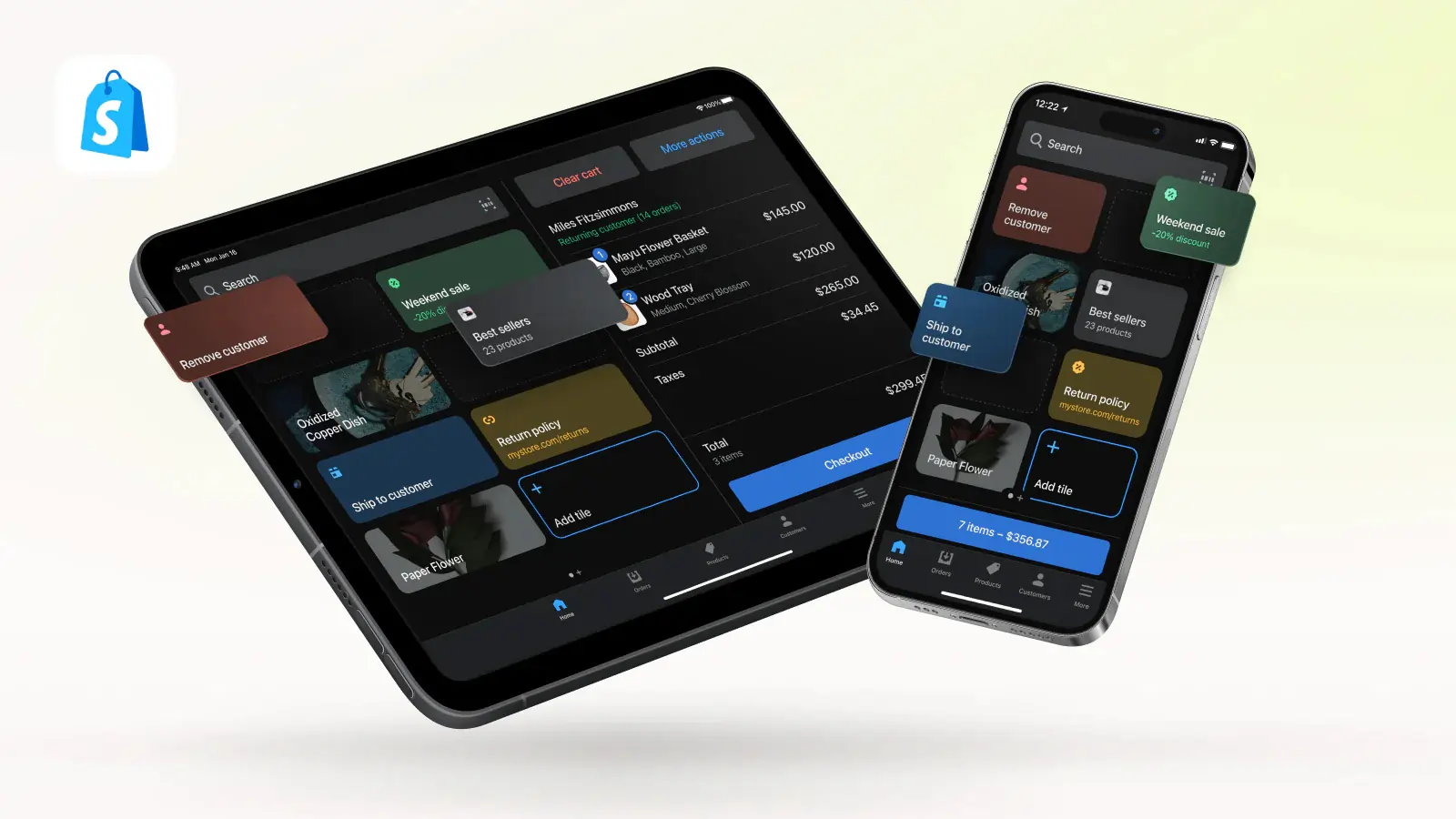
Why It Matters:
-
Safeguards customer and business data with encryption.
-
Prevents fraud with secure payment processing.
-
Enhances accountability with user access controls and audit trails.
Best for:
Any business handling sensitive payment data.
12. Reporting and Analytics: Leveraging Data for Business Growth
A POS system provides valuable insights into sales data, customer behavior, and inventory levels. Reporting and analytics features enable businesses to make data-driven decisions, identify trends, and optimize operations.
Why It Matters:
- Helps in identifying sales trends and patterns.
- Optimizes inventory and operational efficiencies.
- Enhances decision-making through real-time analytics.
Best for:
Businesses aiming for growth through data-driven insights.
14. Mobility: Flexibility with Mobile POS Systems
Mobile POS systems offer flexibility and convenience for businesses that need to process transactions on the go. A mobile POS system allows you to process sales, manage inventory, and access customer data from anywhere, at any time.
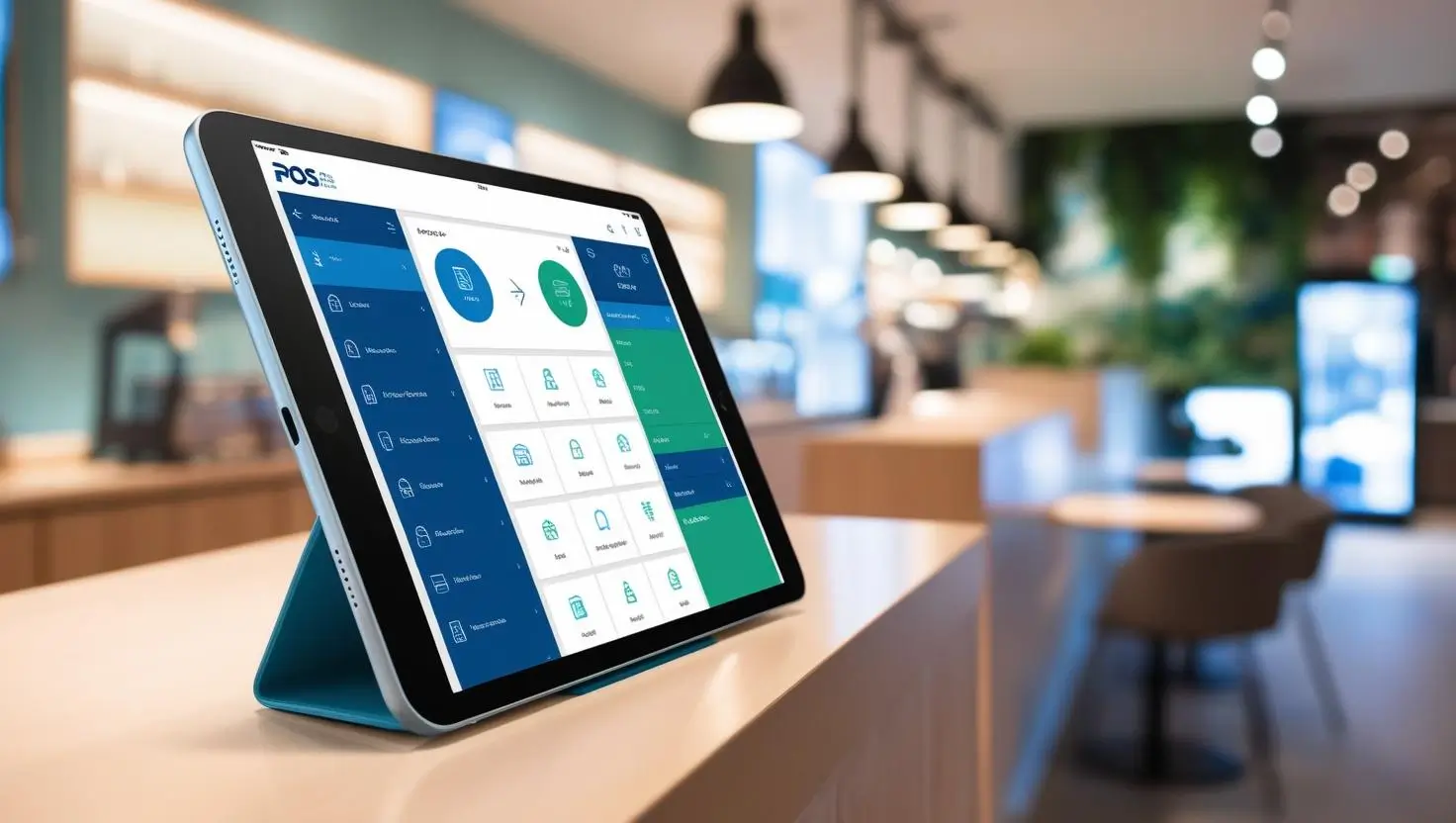
Why It Matters:
- Enables sales at trade shows and outdoor events.
- Provides flexibility to operate from multiple locations.
- Enhances customer engagement with a portable checkout.
Best for:
Businesses with pop-up shops, trade shows, or multiple locations.
15. Website Builder and E-commerce Integration: Expanding Online Presence
Website builders and e-commerce integrations enable businesses to expand their online presence and reach a wider audience. A POS system that offers website-building tools and e-commerce integration allows seamless online and offline operations.
Why It Matters:
- Expands sales opportunities through an online store.
- Ensures real-time inventory synchronization.
- Enhances the customer experience with seamless checkout.
Best for:
Businesses looking to grow their online presence alongside brick-and-mortar stores.
Additional Features to Consider
Beyond the core functionalities, a robust POS system may include additional features such as:
-
Security Features: Protect sensitive data and transactions.
-
Advanced Reporting and Analytics: Gain actionable insights into sales trends.
-
Mobility: Enable remote access to manage your business on the go.
-
Supplier Order Management: Automate procurement and supplier coordination.
-
Offline Payments: Ensure transactions even during network outages.
-
Right Retail POS System: Includes essential features like low-stock notifications and automated order suggestions to maintain optimal inventory levels.
Final Thoughts
Investing in the best POS systems is crucial for any business aiming to stay competitive and efficient. From speeding up transactions with barcode scanners to optimizing workforce performance with employee management features, each component plays a vital role in business success. Carefully evaluating your operational needs and selecting a POS system that offers the right mix of features can empower your business to thrive and scale effortlessly.
Ready to grow your business? Explore modern POS solutions that cater to your unique needs today.
